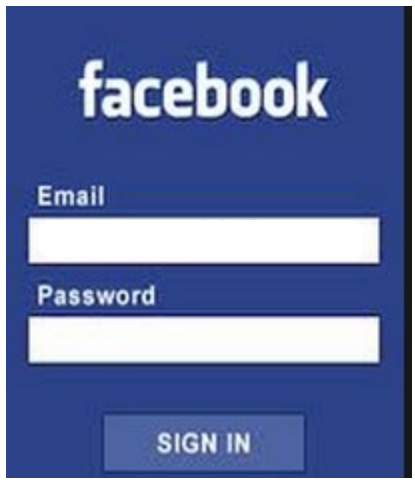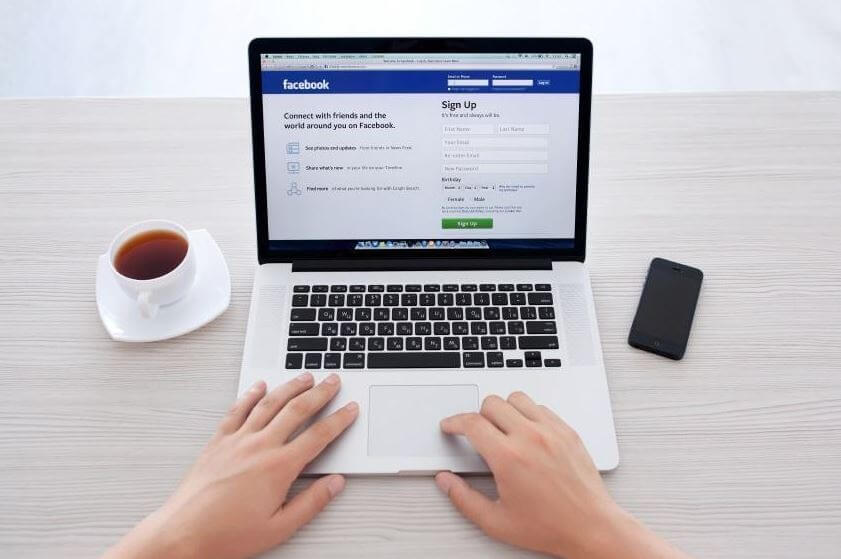

- Facebook sign up or log in code#
- Facebook sign up or log in password#
- Facebook sign up or log in free#
Most of the services that offer Oauth also offer two-factor authentication.
Facebook sign up or log in code#
In most cases, this can be a simple time-based code sent to your phone via SMS or via an authenticating app like Authy, but there are other methods.
Facebook sign up or log in password#
This is arguably the most important point: no matter how strong a password you create, it’s still not as good as adding a second method of verifying your identity. This will likely be miles ahead of the account management system used by the cupcake people in many cases, these systems have no option to delete accounts. You’re relying on Facebook or Google’s securityĮven if gets hacked, or you’ve finally had your fill of cupcakes and want to leave it all behind, you can always just revoke their token and remove their access to your data.

With Oauth, you can focus on making sure your password isn't weak - and then that will be the only password you would need to remember. Even worse, if you haven’t used unique passwords, now they basically have the key to all your accounts.

If one of these sites get hacked, the hackers will be able to piece together your patterns for creating passwords. Unless you’re using a password manager, the more passwords you create - and you should be creating unique passwords for every site you use - the more likely they are to be weak. It’s one less password for you to mess up In fact, it’s a lot safer signing into other websites with Google or Facebook than it is creating a standalone account and password. So is signing in with Facebook or Google safe?

Just keep in mind that some services rely on that information, so refusing permission may break them. But in some cases, they may get more than that, such as access to your contact list or the ability to post to your wall.įacebook allows a certain level of granular control over what you share, and Google will likely follow suite. In most cases, the service you’re accessing will get access to some aspects of your accounts.Īt the very least, they’ll get access to your Facebook public profile or your email address. This is Facebook and Google we’re talking about. What’s the catch?īecause of course there's a catch.
Facebook sign up or log in free#
You’re then free to explore the wonderful world of cupcake-eating people. Facebook or Google then send a token back to the site that essentially says “Yup, this person is who they say they are. When you sign in, sends you to Facebook or Google, and you sign in with them. The important bit is this: the new service never gets your password. Instead you rely on those services to vouch for you and manage your account. That would usually require you to create (yet another) username, and provide an email address to which they can send a confirmation message to - just to make sure you’re a real person and not some bot with cupcake-eating interests.īy using Facebook or Google to sign in, both you and the site skip that dance. In the regular way of doing things, would request that you create an account with them. Let’s say you want to sign up to, because you’ve got an insatiable need to see other people eating cupcakes… What happens when you sign in with Facebook or Google?


 0 kommentar(er)
0 kommentar(er)
